Question And Answer
Publications
Articles, publications, books, tools and multimedia features from the U.S. Institute of Peace provide the latest news, analysis, research findings, practitioner guides and reports, all related to the conflict zones and issues that are at the center of the Institute’s work to prevent and reduce violent conflict.
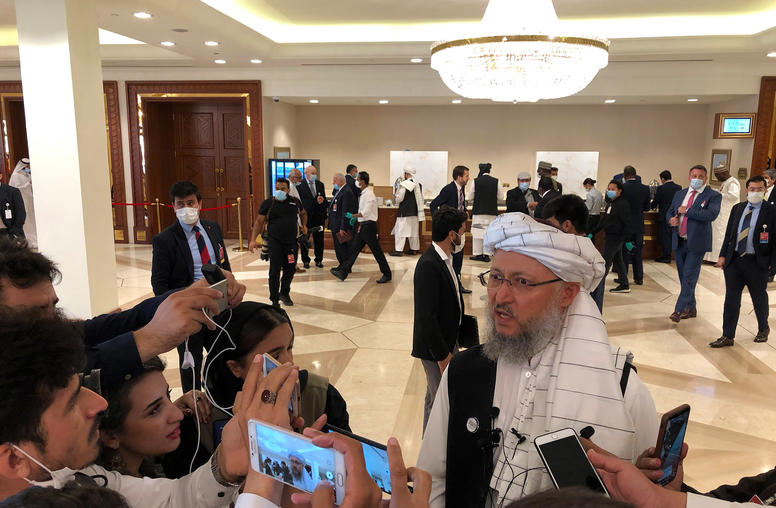
Whither Islam in Afghanistan’s Political System After the Taliban Talks?
The question of how and where Islam should fit into future legal and political frameworks has emerged as a major sticking point in the talks between the Taliban and the Afghan government in Qatar. How this question is resolved will be closely watched by Afghans, who want to ensure their hard-won rights are not sacrificed for the sake of a deal with the Taliban—Afghan women in particular have much at stake. The international community will similarly scrutinize the outcome, and their engagement with Afghanistan after the talks is expected to be conditioned on the contours of any political settlement.
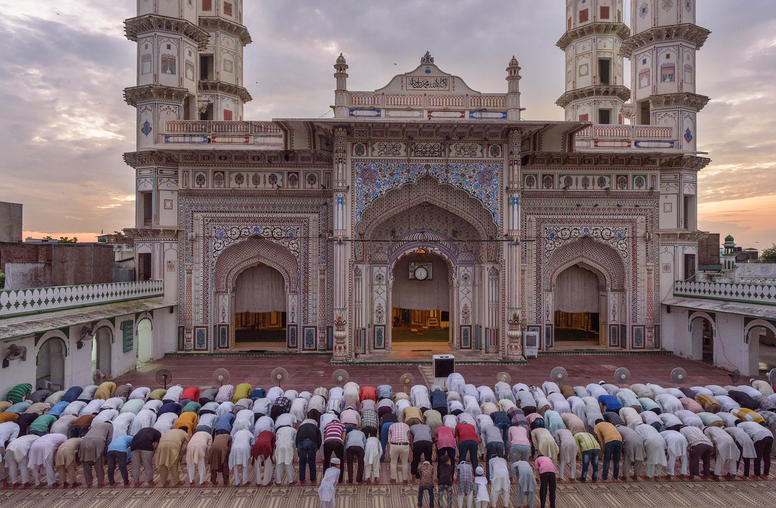
Three Things You Thought You Knew About Freedom of Religion or Belief
Accounts of global religious restrictions and hostilities have, unfortunately, become a regular feature of today’s news cycle. India’s passage of the Citizenship Amendment Act, which uses religious identity as a criterion for citizenship, and its violent crackdown against protesters made headlines at the turn of year. The Chinese government’s detention of more than a million Uyghur Muslims, increased surveillance, and other religious regulations in Xinjiang continue to garner much attention. And, increasingly more concern has been given to the ongoing attacks on Christian communities in Nigeria. While these examples are, of course, worrying and must be addressed, a deeper dive into the data reveals that many of the assumptions we hold about the state of global religious freedom need further unpacking.
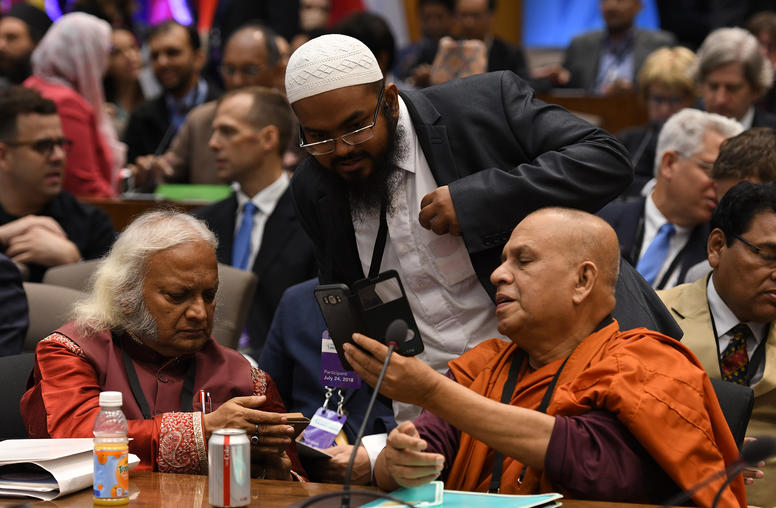
Human Rights Education as the Solution to Religious Persecution
Persecution on account of religion or belief confronts every community somewhere around the world—and it is an increasing trend. Challenges range from terrorist violence against minorities, such as ISIS’ depravations against Yazidis, to persecution by authoritarian governments, with China’s targeting of all faiths a prime example. To organize a defense of freedom of conscience and belief, the United States convened the Ministerial to Advance Freedom of Religion or Belief in 2018 and 2019, bringing together a virtual congress of nations and civil society activists from around the world. The third ministerial, organized by Poland, was held virtually in mid-November. Discussions identified challenges but also solutions. One consistent answer to the vexing problem of persecution was proffered: educating youth about human rights and pluralism.
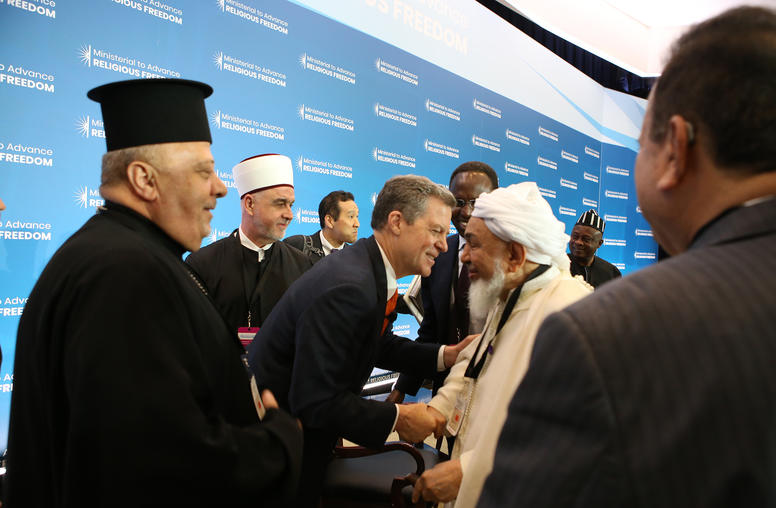
Four Thoughts on Advancing Religious Engagement in Diplomacy and Development
After nearly 20 years and across three successive U.S. administrations, it is clear that a bipartisan consensus exists among senior foreign affairs leadership that engaging religious actors to advance key American diplomatic, national security, and development objectives needs to be a priority. With some 84 percent of the world’s population expressing a faith affiliation, the role of religion as a social force around the world—and one that figures centrally in many peacebuilding contexts—cannot be ignored in our foreign relations.
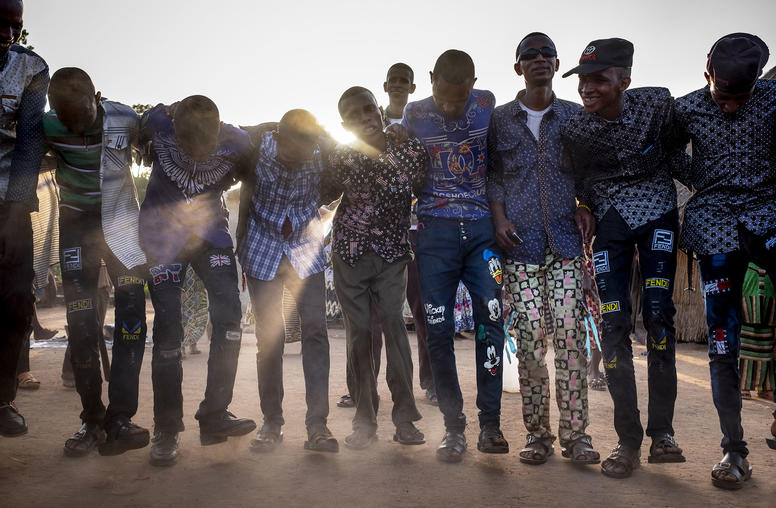
Central African Republic: A Role for Religious Leaders in Calming Conflict?
Presidential and legislative elections loom large in the Central African Republic (CAR) amid high tension and spikes in violence. CAR’s religious leaders have been on the frontlines of efforts to calm tensions ahead of polls opening on December 27. From religious leaders in the capital to those at the grass roots, they have made their voices and positions clear. The question, therefore, is not if religious leaders are crucial actors in conflict stabilization and peace efforts in CAR: They already are. Rather, policymakers and practitioners should be unpacking these leaders’ experiences—past and present—and asking how to strengthen their role as peacebuilding partners in the immediate post-electoral context and longer-term.
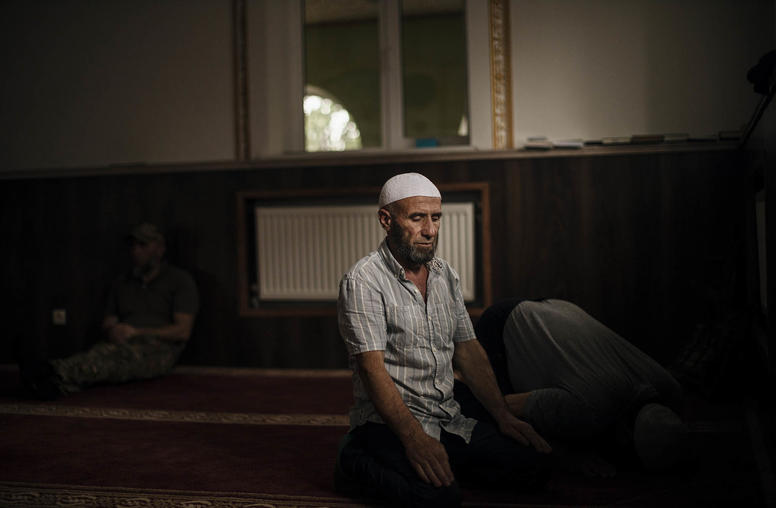
What Comes Next for the International Religious Freedom Movement?
The historic city of Prague recently hosted diplomats, civil society activists and religious leaders from 60 countries around the shared goal of global religious freedom. Convened by the Czech government, it was the fifth gathering since the United States launched the ministerial process in 2018. As persecution continues worldwide, victimizing individuals from all faiths and none, the timing was right to gather those committed to promoting freedom of thought, conscience, religion or belief for all.
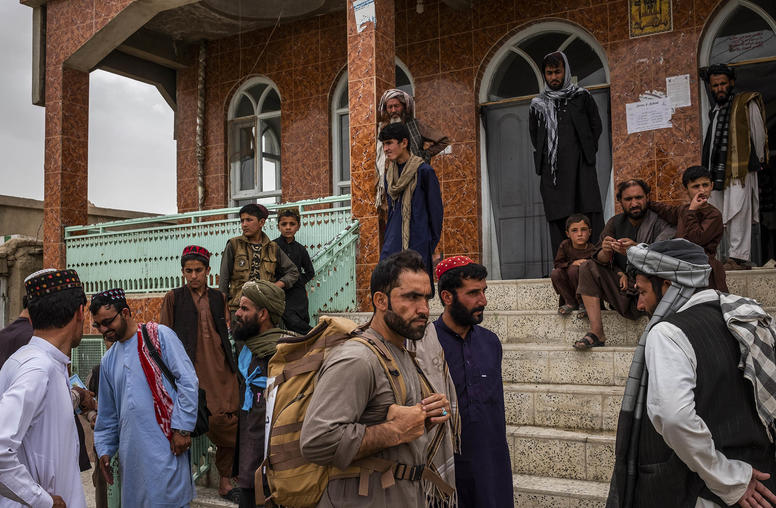
In Religious Conflicts, Bolstering the Role of Military Chaplains
In the 2020s, how urgently should the U.S. military prepare to address religious facets of armed conflicts? Violence from Beirut to the Red Sea this month threatens to spread the Israel-Hamas war regionwide. Violence fueled through religious identities and extremisms also afflicts Asia and Africa. Russia manipulates religion to justify its invasion of Ukraine. However, simultaneously, religious ideas can help resolve conflicts. The United States should seize a current opportunity to improve its ability to navigate the religious terrain of conflicts with enhanced training and roles for an often under-appreciated resource: military chaplains.
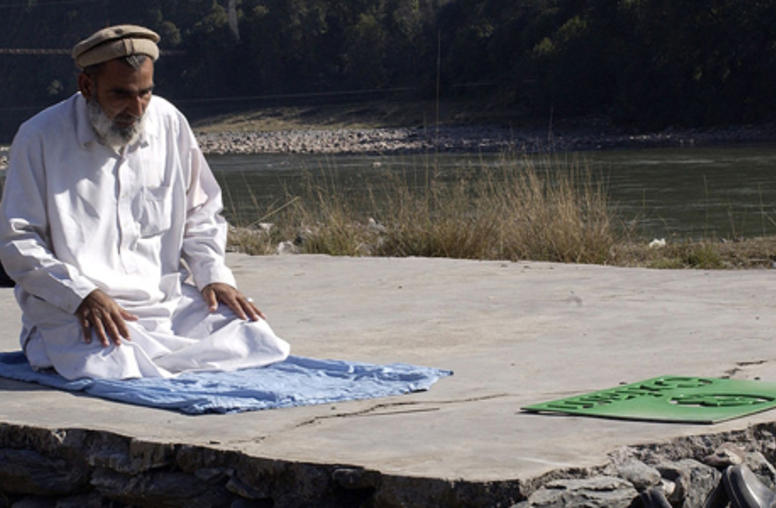
USIP to Train Senior Pakistani Religious Figures in Conflict Resolution
In an effort to strengthen peacebuilding skills inside of volatile but strategically important Pakistan, the U.S. Institute of Peace (USIP) will conduct an unusual training workshop on mediation, conflict resolution and conflict-prevention skills for 20 senior religious leaders from Pakistan in June.
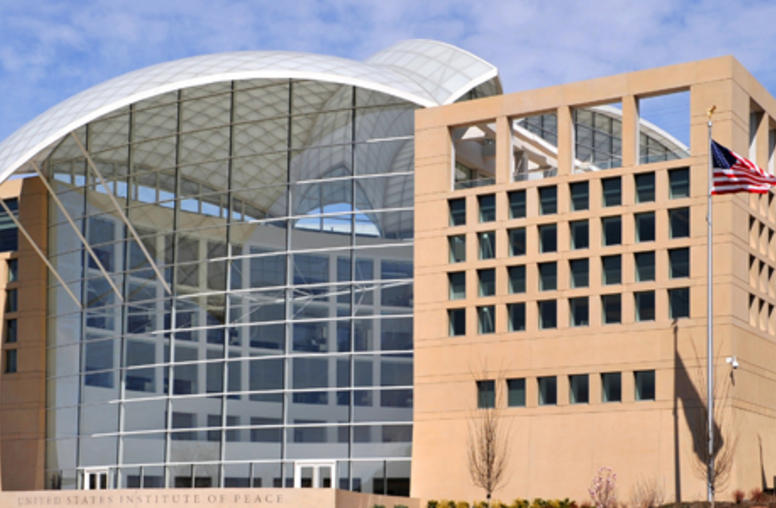
Fellow Robin Wright Recognized by the Overseas Press Club
On April 25, Robin Wright, noted author, journalist, and joint USIP-Woodrow Wilson Center fellow, was recognized by the Overseas Press Club (OPC) for her recent book Rock the Casbah: Rage and Rebellion Across the Middle East. Wright received the OPC’s Cornelius Ryan Award, which recognizes the best non-fiction book on international affairs.
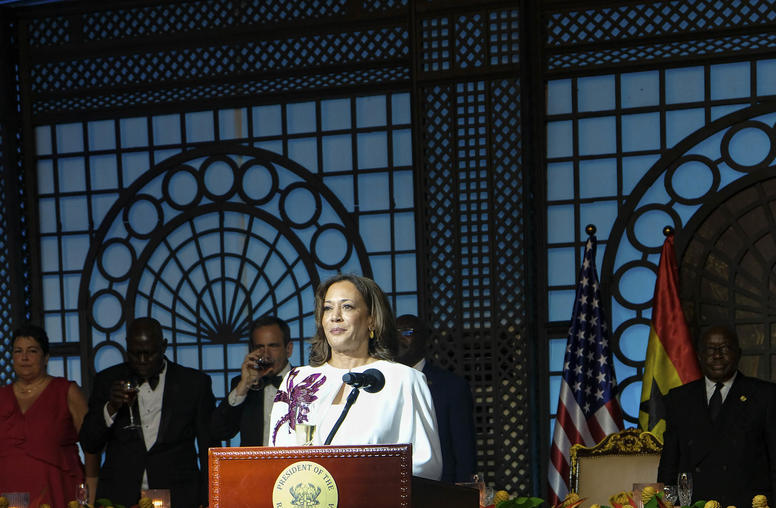
Vice President Harris Helps Focus on Ghana, West Africa
Vice President Kamala Harris’ choice of Ghana this week as the place to launch her show of U.S. commitment to a new partnership with Africa can be no surprise. Ghana is one of Africa’s more established democracies and is at the center of the coastal West Africa region that the United States has targeted for focused efforts to prevent instability and the spread of extremism that is driving insurgencies in the neighboring Sahel region. As Ghana confronts that threat, notably in its vulnerable north, its community and civil society groups form an essential resource that partners should support.